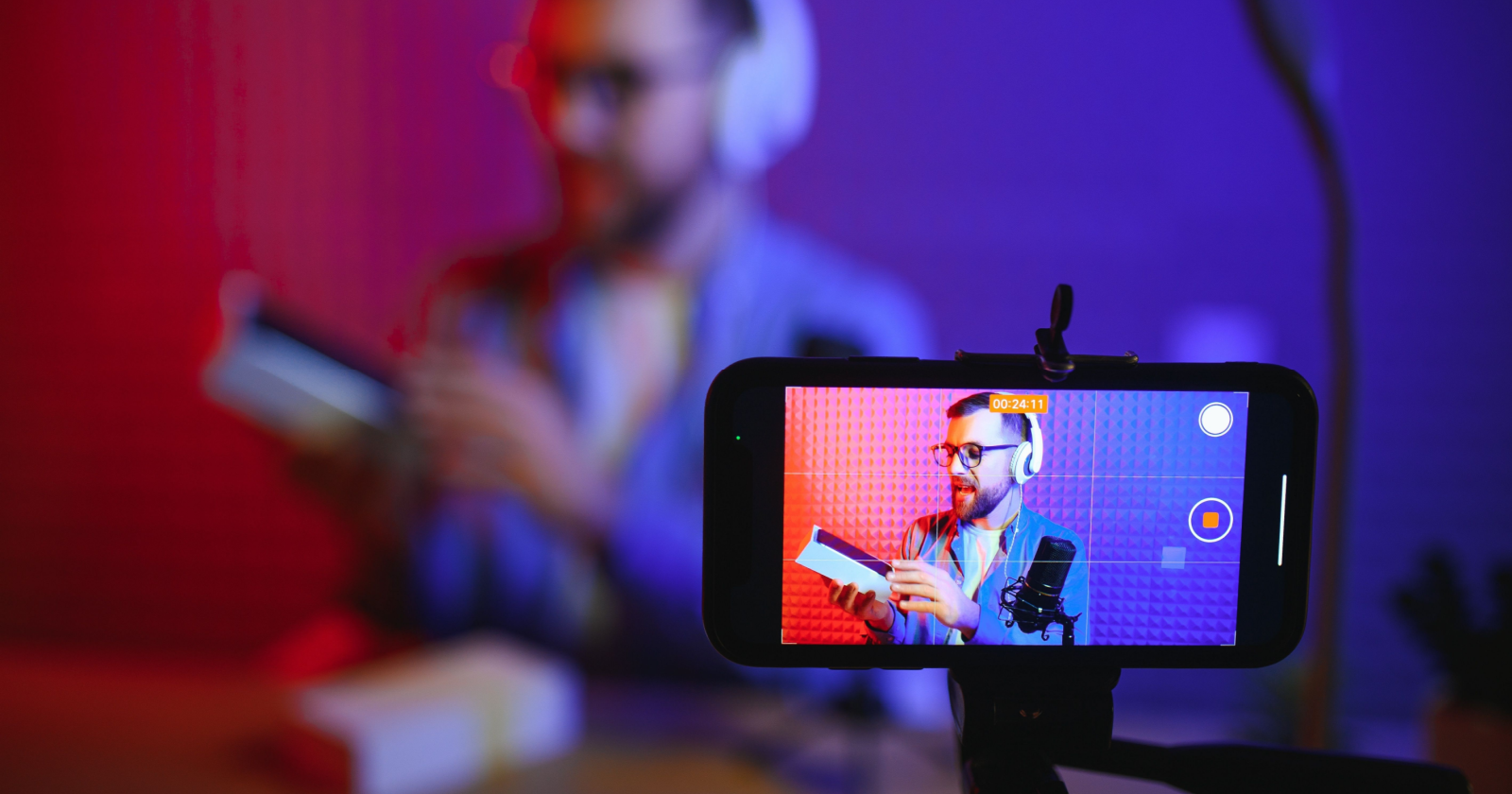How Adidas and Gap were caught in Ye's brand trap
Brands take heat for erratic comments from the star previously known as Kanye West, leading to mistrust among consumers.

Adidas, based in Herzogenaurach, Germany, and San Francisco-based Gap did not return requests for comment on Monday. Bloomberg reported Adidas' breakup with Ye on Tuesday.
Adidas' pricey brand crisis features one of the most influential artists, who has seemed to piss off almost everyone, except maybe extreme rightwing supporters carrying his banner (literally). The Anti-Defamation League called on Adidas to drop Ye. On Monday, CAA, the Hollywood talent agency, cut ties with Ye. Film studio MRC won’t distribute a new documentary about Ye. Last week, Balenciaga severed its relationship. In September, Gap and Ye parted ways after a blow-up of their billion-dollar collaboration. Yet Gap is in the thick of it because it is still sitting on Ye apparel that it is trying to sell.
Many marketing experts did not see a way for the Adidas partnership to last. Ye’s Yeezy brand sneaker contributed 7% of Adidas’ revenue in 2021, generating $1.7 billion.
“I don't see how they move forward with Ye,” said one ad agency executive, who is close to the music industry and spoke on condition of anonymity, before Adidas' announcement. “Adidas got themselves in a dangerous situation because so much of their comeback in the U.S. was powered by that partnership. As a brand that's a major loss of control when you're in bed with someone unstable, or worse.”
“It’s a cascade. You don’t want to be the last brand,” said Americus Reed II, a marketing professor at the University of Pennsylvania’s Wharton School, prior to Adidas' statement. Reed predicted that Adidas would probably drop the partnership.
ADL's petition against Adidas
What Ye has said has been “so outrageous,” Reed said, that it would be tough to mend fences. “There’s a whole literature on how to respond to a brand crisis,” Reed said, “that I don’t think anyone in his inner circle is helping him execute.”
Especially since Ye has not shown much interest in reconciliation with communities affected by his words. The ADL had said it was concerned that Adidas could try to ride out the controversy. “Mr. West’s biggest partner, Adidas, has not only remained silent,” the ADL said in a petition against Adidas, “but has doubled down on their relationship by planning to release new Kanye products on the fourth anniversary of the Pittsburgh synagogue massacre on Oct. 27.”
On Tuesday, ADL CEO Jonathan Greenblatt updated the group’s statement, supportive of the steps Adidas took. “It illustrates that anti-Semitism is unacceptable and creates consequences,” Greenblatt said.
Others weighing in on Tuesday included American Jewish Committee CEO Ted Deutch. “We welcome this decisive if belated action by Adidas,” Deutch said in a statement. “Other companies that profit from associating with West must also disabuse him of that notion. West could have been a force for positive change, given his position of vast influence and power. Instead, he chose to go down a hate-filled path that has made him a pariah.”
Adidas on Tuesday referred to itself as the “sole owner of all design rights to existing products, as well as previous and new colorways,” under the partnership, according to Bloomberg. The company plans to provide more details when it reports third-quarter results on Nov. 9.
Ye has always been a lightning rod of attention, but his latest antics appear to have set off a reckoning. In early October, Ye showed up at a Paris Fashion Week show wearing a T-shirt with the phrase “white lives matter,” which is considered an offensive retort to the “Black Lives Matter” movement. In 2020, “Black Lives Matter” grew as a rallying cry for racial justice following George Floyd’s murder. Ye has had some contrarian opinions about the movement. Then on Oct. 7, Ye was kicked off Instagram, and quickly went to Twitter, where he was suspended, after tweeting that he planned to go “death con 3 on Jewish people.” That seemed to be a reference to the Pentagon’s Defcon alert system.
Later this month, Ye went on the “Drink Champs” podcast, where he doubled down on conspiracies about Jewish people secretly controlling the world. Ye also claimed Floyd’s death was more the result of the drug Fentanyl than it was the result of police violence. Floyd’s family is reportedly suing Ye.
This weekend, the outbursts seemed to inspire anti-Semitic demonstrations in Los Angeles, where members of an extremist group draped banners over a major highway in support of Ye’s conspiracy theories.
“He is sharing anti-Semitic tropes about Jewish people controlling the media,” the ADL said in its petition. “These hurtful statements are based on myths surrounding Jewish greed and command of the entertainment industry.”
Reed said that it would be hard for mainstream consumers to “decouple” Ye from his statements, which could spell the end of his brand prospects. “Can we get people to ‘moral decouple,’” Reed said. “And the answer in my opinion is probably, ‘No,’ because the transgressions are just too explicit. They’re just way out of line.”
Gap collaboration
In 2020, Gap announced an Adidas-like partnership with Ye. The deal was supposed to last 10 years and bring $1 billion to the retailer. Then, last August, Ye was filmed chastising Gap leadership over his retail vision, after they launched an apparel line, including popular hoodies and jackets.
“It’s not enough. It’s not enough, and I love Gap,” Ye said in the video, which circulated online. “You’d have to really give me the position to ‘Ye’ and do what I’m thinking, or I’m going to have to do what I’m thinking somewhere else.” In the same video, Ye yells at Gap leadership for not using the 3 million email addresses he brought from Adidas to market to his fans from that collaboration. “I brought 3 million emails over from Adidas and we didn’t use them,” Ye tells Gap leaders. “That’s insane. That’s insane.”
For people in ad tech, and those concerned with online privacy protocols, it might be considered a breach of trust to take emails from one brand to use for another campaign. It was unclear what permissions Ye and Adidas have around their customer lists.
Sheryl Daija, CEO of BRIDGE, a marketing association devoted to topics like DEI, questioned why Adidas and Gap ever partnered with Ye. “Companies need to think long and hard on the impact celebrities have on their brand image, positive or negative,” Daija said in an email. “This is clearly an example of a celebrity choice that failed on every level.”
Ye has parted ways with Gap, but Gap is still selling the clothes. On Twitter, some consumers lamented receiving online offers to buy Yeezy gear. A Yeezy Gap Twitter account was still tweeting product restocking events last week.
“Is this the Onion,” Greenblatt, the ADL CEO, tweeted on Friday, after seeing one of the promotional emails from the Gap. “Absolutely unacceptable to launch Kanye West products worldwide as he spouts vicious anti-Semitism. Gap you said you ended your relationship.”
Reed said that it was not a good look for Gap to still sell Yeezy items. “I would get rid of it as quickly as possible,” Reed said of the Yeezy Gap retail site. “If they’re trying to hedge their bets, and sort of quietly ease their way out the last bit of sales, I wouldn’t do it.”

 Kass
Kass 
































